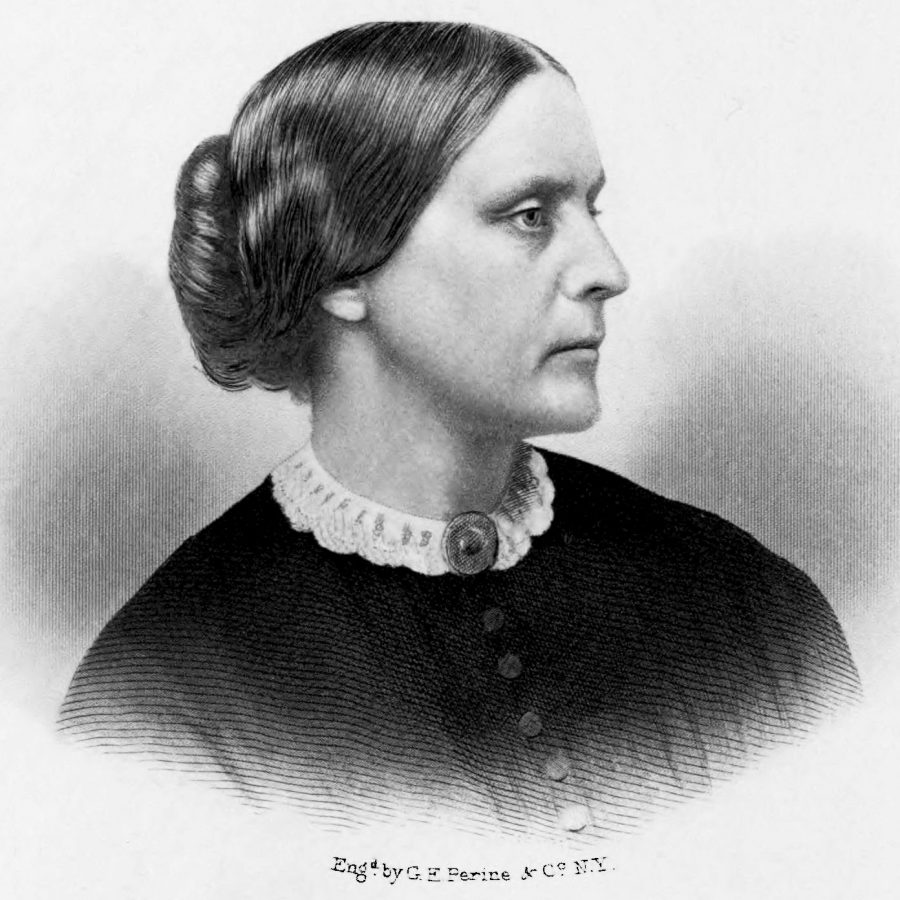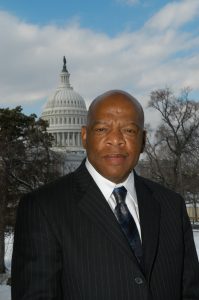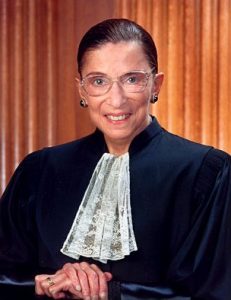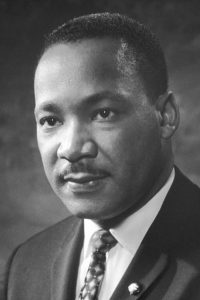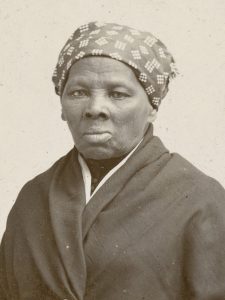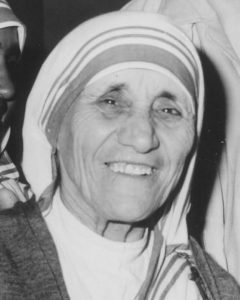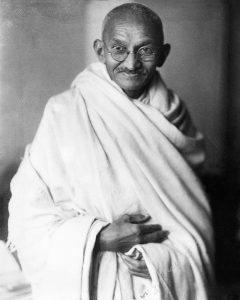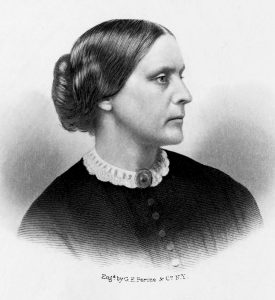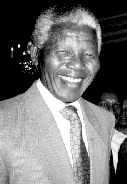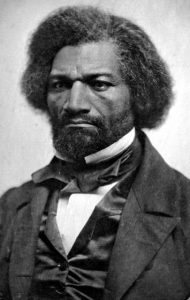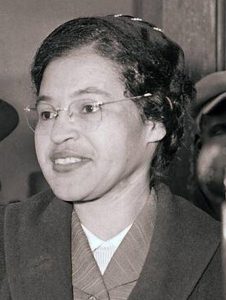Susan B. Anthony
(1820–1906)
Susan Brownell Anthony was born on February 15, 1820, in Adams, Massachusetts. She became one of the most influential figures in American history, dedicating her life to the cause of women’s rights and suffrage. Her relentless advocacy helped lay the groundwork for the eventual passage of the 19th Amendment, granting women the right to vote.
Raised in a Quaker family that valued equality and social justice, Anthony was introduced early to reform movements. She became active in the temperance movement but was barred from speaking at rallies because she was a woman. This experience pushed her toward women’s rights activism.
Anthony partnered with Elizabeth Cady Stanton in 1851, forming a dynamic alliance that would drive the women’s suffrage movement for decades. Together, they organized conventions, wrote speeches, and lobbied tirelessly for women’s rights. Anthony traveled extensively, delivering hundreds of speeches despite hostile audiences.
Her activism was not limited to women’s rights. She was also an abolitionist, advocating for the end of slavery and equal rights for all. After the Civil War, she clashed with some abolitionist allies when the 15th Amendment extended voting rights to Black men but excluded women. Nevertheless, she persisted in pressing for universal suffrage.
In 1872, Anthony made a bold statement by casting a ballot in the presidential election. She was arrested and fined $100, which she refused to pay. This act of civil disobedience drew national attention to the issue of women’s disenfranchisement.
Susan B. Anthony is enshrined in the Good Trouble Makers Hall of Fame because she embodied the spirit of relentless resistance against injustice. Her life’s work ensured that women’s voices would eventually be heard at the ballot box, proving that Good Trouble can reshape democracy itself.

